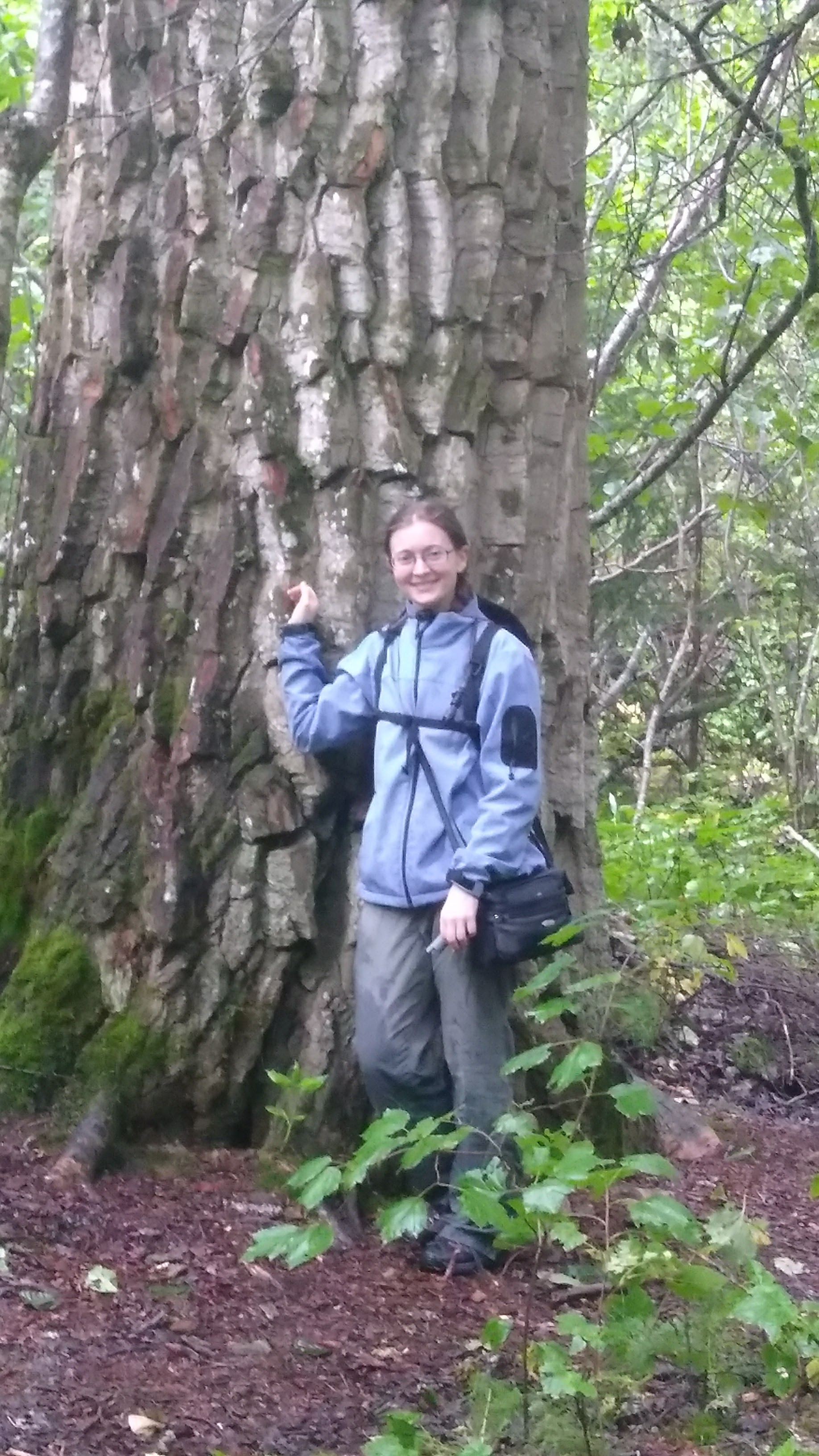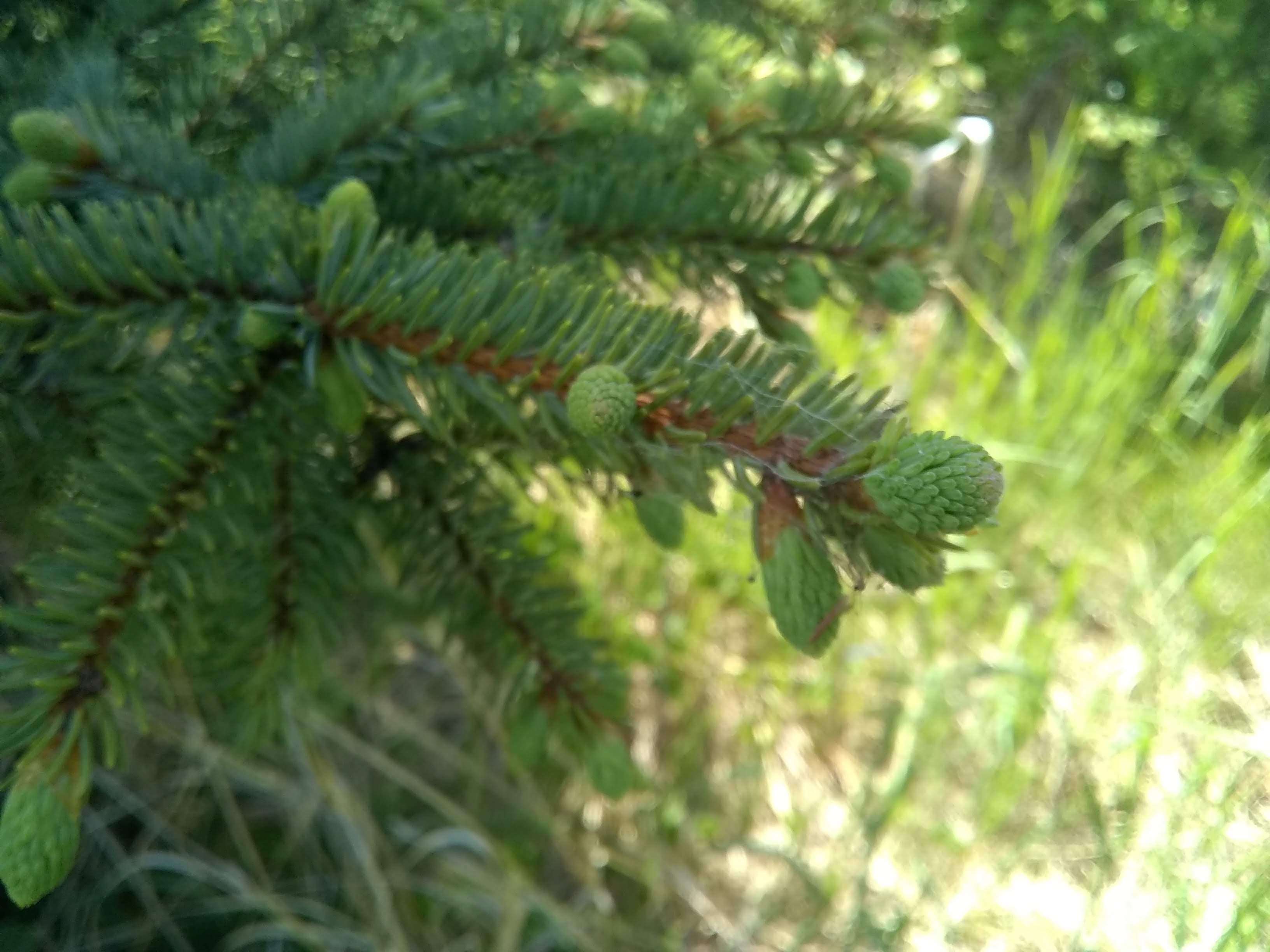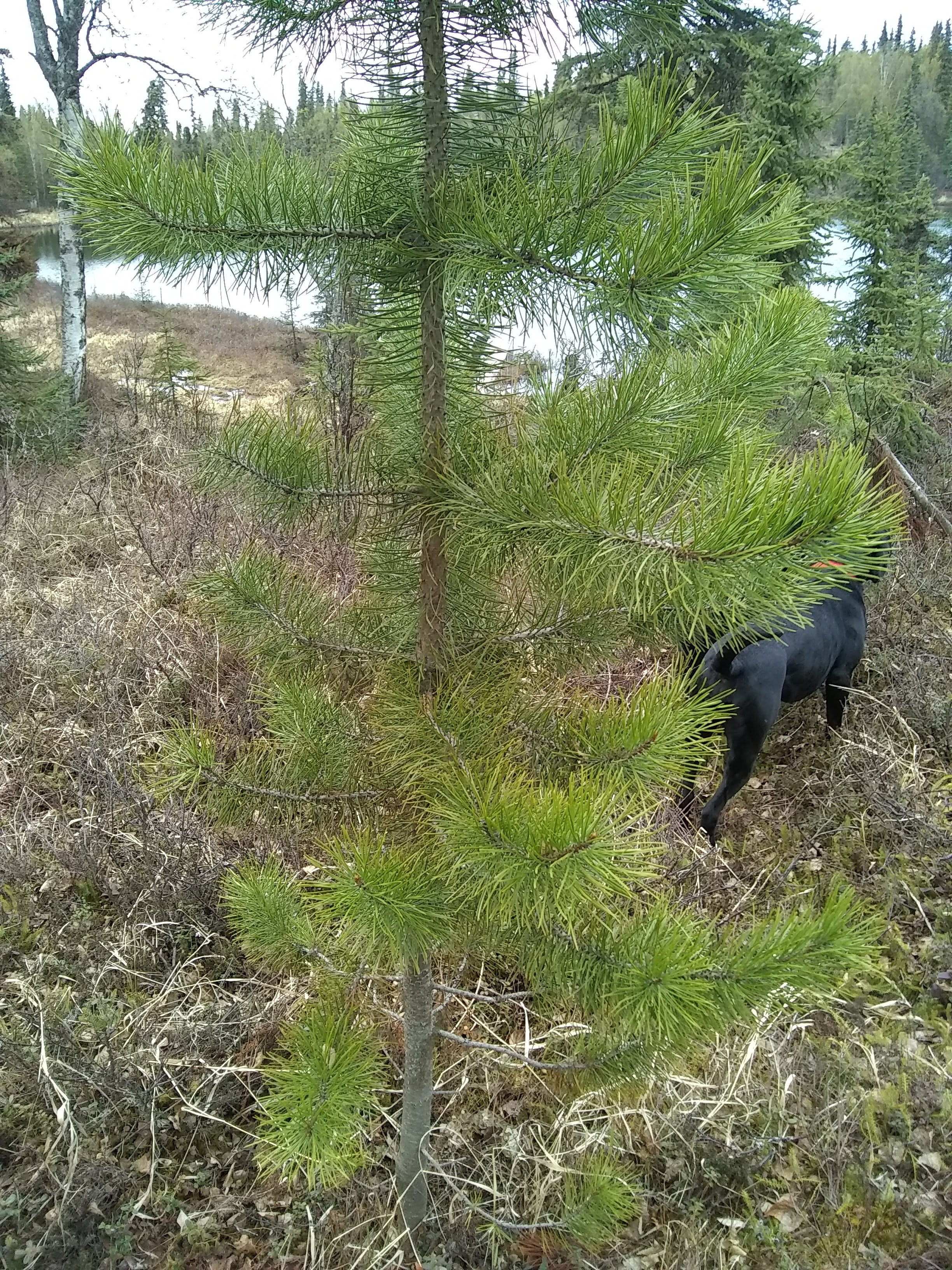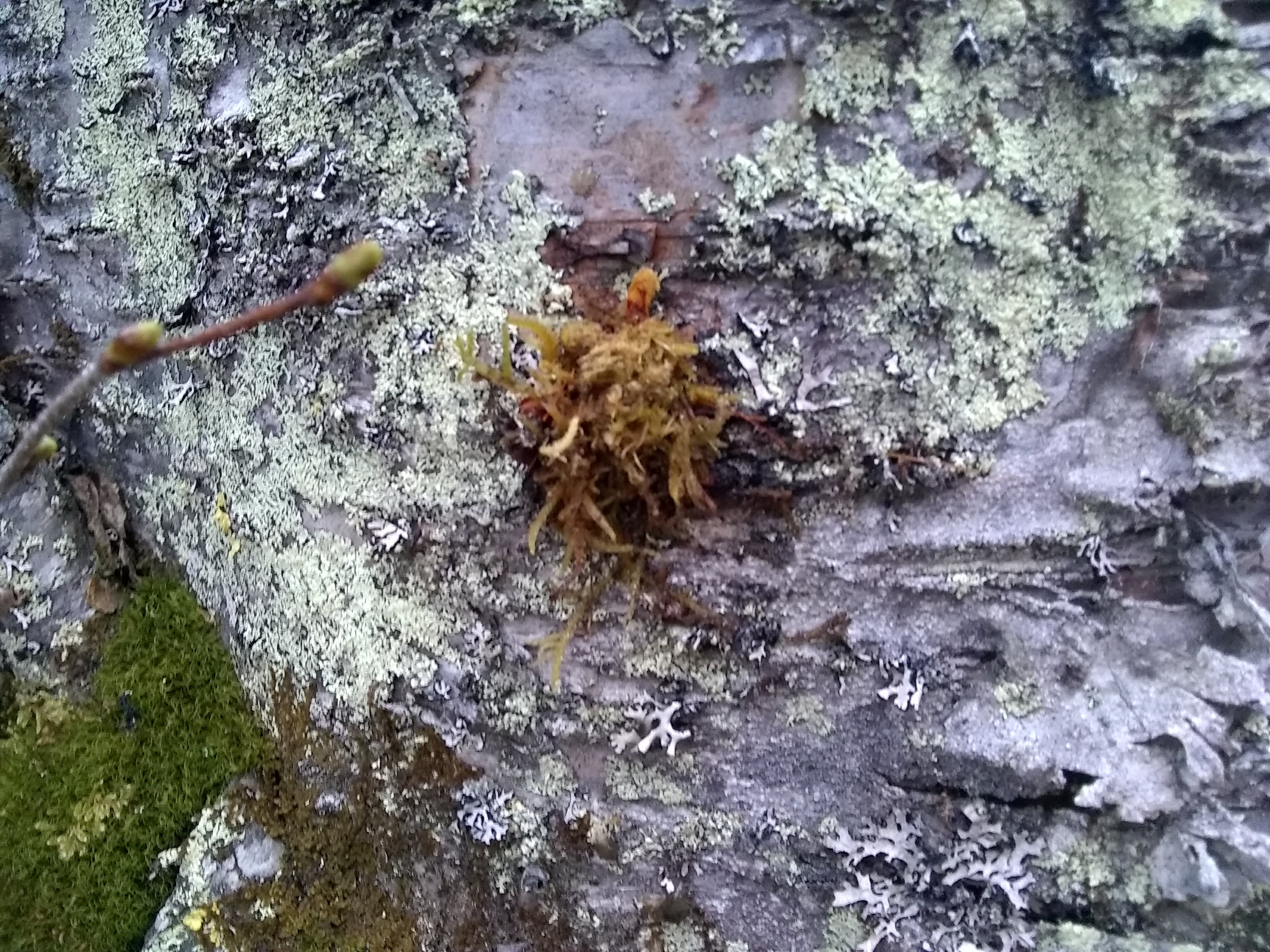How to tell the difference between cottonwood buds and alder buds
Hi everyone! It is time to collect those cottonwood buds. If you’re new to harvesting this awesome bud that smells AMAZING, you may confuse it (as I did when I first started harvesting them :P) with alder buds, especially if you are sticking to saplings of cottonwood. Alder buds are about as big as cottonwood buds, but if you look (and smell) closely at the buds AND the branch they’re attached to, you can make a sure distinction. Here is how to tell the difference between cottonwood buds and alder buds.
Shape

While the buds of both trees are similar in size, the shape is slightly different. The cottonwood buds are more pointed and the alder buds are more rounded. If you are picking slightly earlier in the spring, basically late winter, it is easier to distinguish between the two as the alder buds are not quite as big. I like to look at the buds at the very top of the tree because they are the largest and most identifiable. However, the closer to budding season you get, the bigger the alder buds get, so you have to go to some of the other differences to make sure you’re getting cottonwood buds.

Color
Both buds have a red hue, but alder buds have a deeper red than cottonwood. The cottonwood tends to be more brown than red. As the leaves start to break out of the bud, it can make the bud more green on both cottonwood and alder, further confusing new harvesters. Read further to get even more tips.
Branch

Here’s where it gets a little bit easier to distinguish! Alder branches are more red and have a lot of little white spots. There are some instances on cottonwood saplings where there are white spots, but they are not as numerous. Cottonwood saplings are also more brown than the alder saplings.
Smell
If nothing else helps you identify the tree, snap off a bud and smell it. Cottonwood buds have a VERY distinctive smell that is sweetly woody. That’s the best I can describe it as. Even if you haven’t smelled it before, it is the only bud that I’ve come across that has such a strong smell. Aspens, which are in the populus genus like cottonwood, also have a similar smell, but the buds are not as big. Even if you do accidentally get some aspen buds, because they are in the same genus, the uses are the same. The properties are just not as strong. But you definitely want to distinguish between alder and the populus genus as there is no use for alder buds that I’m aware of.
Age of Tree

The last thing you can look for is the age of the tree. It is very easy to distinguish between an older alder and an older cottonwood tree. Cottonwoods are usually one tree with a larger trunk. The oldest of the cottonwoods have a distinctive crackly bark. Alder is usually several small branch-type trunks spreading out from each other. You can also look at older alder trees and see if they have the berries from over winter. They look like mini pine cones and are usually in groups of three or four.

I hope you enjoyed learning the difference between cottonwood buds and alder buds! If you don’t have time to gather and make a balm out of them yourself, you can purchase some from my store! See you next week!




